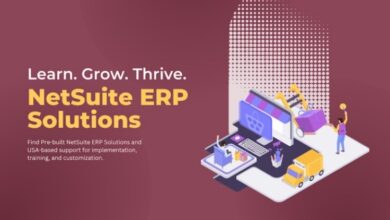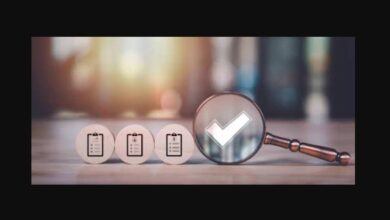Why Your Online Presence Could Be Putting You at Risk—And How to Minimize It

In today’s digital age, an online presence is almost a necessity—whether for personal or professional reasons. Social media profiles, blog posts, online shopping, and even casual browsing contribute to your digital footprint. However, this online visibility can put your personal and financial security at risk. Cybercriminals, identity thieves, and data brokers can easily exploit the information you share, leading to unwanted consequences. If you’re wondering how to remove my information from the internet, taking proactive steps can help you safeguard your personal data. So, why exactly could your online presence be putting you at risk, and how can you minimize it? Let’s explore the dangers and practical steps to protect yourself.
1. Exposure to Cybercrime and Identity Theft
One of the primary risks of having a strong online presence is the exposure to cybercrime and identity theft. Criminals can gather personal details, such as your name, address, phone number, or even security questions from social media profiles and online activities. This information is then used to commit fraud, access bank accounts, or steal your identity.
To minimize this risk, avoid oversharing personal details on social media. Review your privacy settings on platforms like Facebook, Instagram, and Twitter to ensure you’re only sharing content with people you trust. Limit the amount of sensitive information you post and be mindful of the data you make publicly accessible.
2. Phishing Scams and Social Engineering
Phishing scams are another significant threat. These scams typically come in the form of fake emails, text messages, or social media messages designed to trick you into revealing your passwords, bank account information, or other sensitive data. Scammers often use personal details gathered from your online profiles to make their messages seem more legitimate, increasing the likelihood you’ll fall for their tricks.
To reduce your exposure to phishing attacks, be cautious of unsolicited emails or messages. Never click on links or download attachments from unknown sources. Always verify the sender’s authenticity, especially when the message contains a sense of urgency or asks for personal information. Use two-factor authentication (2FA) to add an extra layer of protection to your accounts.
3. Data Harvesting and Selling
Every time you sign up for a new service or interact with websites, you may unknowingly provide data that companies harvest for marketing purposes. Some organizations sell this data to third-party companies, making it vulnerable to hackers or misuse. This data can include details about your shopping habits, preferences, and even private conversations.
To minimize this risk, regularly review the permissions you grant to apps and websites. Opt out of non-essential data collection, and delete accounts you no longer use. Use privacy-focused browsers or search engines like DuckDuckGo to limit data tracking. You can also consider using a VPN to conceal your online activities and prevent companies from tracking your movements.
4. Invasive Tracking and Targeted Ads
Another often overlooked danger is the tracking of your online activities by websites, advertisers, and social platforms. Many websites use cookies to monitor your behavior, enabling advertisers to target you with personalized ads. While these ads may seem harmless, they also give advertisers access to your browsing habits and personal preferences, contributing to a loss of privacy.
To minimize this type of tracking, enable “Do Not Track” in your browser settings, and use browser extensions like Privacy Badger or uBlock Origin to block tracking scripts and ads. Additionally, consider regularly clearing your cookies and browsing history.
5. Reputation Risks and Oversharing
Even if you’re not worried about criminal activity, oversharing online can also harm your reputation. Posting controversial opinions, personal drama, or inappropriate content can have long-lasting consequences, especially when potential employers, colleagues, or clients can access your profiles. Once something is shared online, it’s difficult to completely remove it, as it can be archived, screenshot, or reposted by others.
To reduce the reputational risk, be cautious about what you post on public platforms. If you’re unsure about the content, ask yourself if it could negatively impact your personal or professional life in the future. It’s also wise to periodically review and delete older posts that no longer align with your values or that could be misinterpreted.
Conclusion
Your online presence is undeniably valuable, but it also comes with inherent risks that can expose you to cybercrime, data misuse, and reputation damage. If you’re concerned about the exposure of your personal information, learning how to remove my information from the internet can be a critical step toward regaining control of your privacy. By understanding these risks and taking proactive steps to minimize your digital footprint, you can significantly reduce your vulnerability. Start by protecting your personal data, practicing good security hygiene, and being mindful of what you share. With vigilance and smart choices, you can navigate the online world while maintaining your privacy and security.



